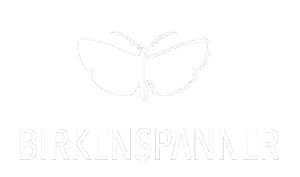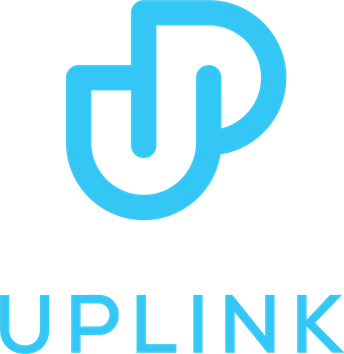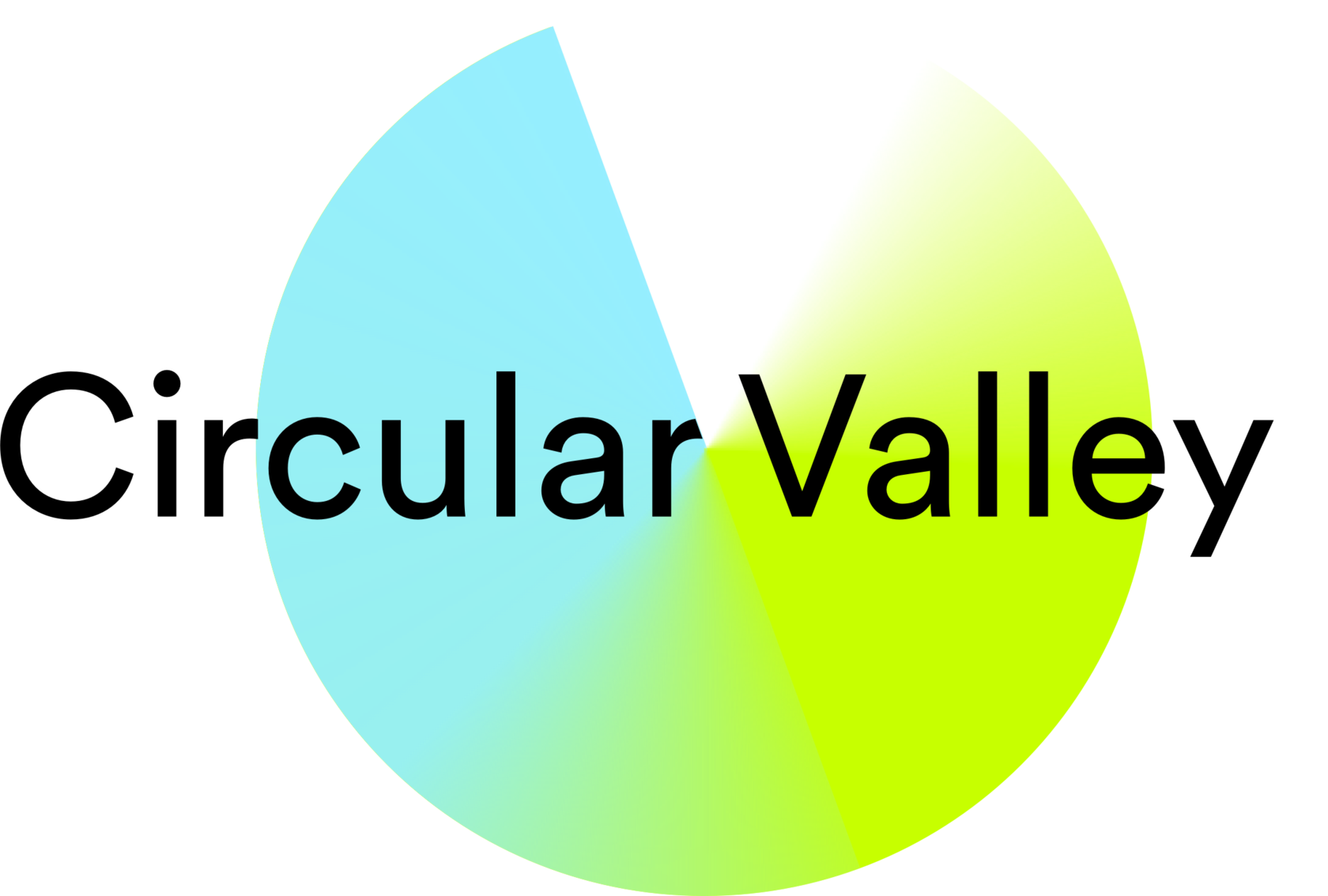✉️
2024 in Review:
Navigating Challenges, Growing Impact
Eine Nachricht von Karsten Hirsch, CEO & Co-Founder von Plastic Fischer

The struggle was real!
Resilience in Challenging Times.
Let’s be honest: 2024 was a tough year, especially for the impact sector. Organizations like ours faced funding constraints as more sponsors grew cautious amid global uncertainty, conflicts, inflation, and recession. We witnessed a concerning pattern: budgets for sustainability and environmental protection were often the first to be reduced or eliminated.
In addition, large European companies spent much of 2024 adapting to new sustainability reporting laws, leaving little room for initiatives beyond direct operations. As these requirements become standard practice, companies will need to go above and beyond to stand out as environmental leaders — and this is where partnerships with organizations like ours come in.
While companies focused on meeting new regulations, a familiar challenge reappeared in our sector. Some organizations misused Plastic Credits, and when combined with sensational media coverage, this led to reduced funding — even for those who are genuinely making a significant impact.
Despite these challenges, Plastic Fischer is entering 2025 stronger. With several new exciting partnerships secured and a solid track record of genuine impact, we're ready to expand our operations to new cities. Our innovative, low-cost approach has proven its worth, and we're excited to scale our impact significantly in the coming year.
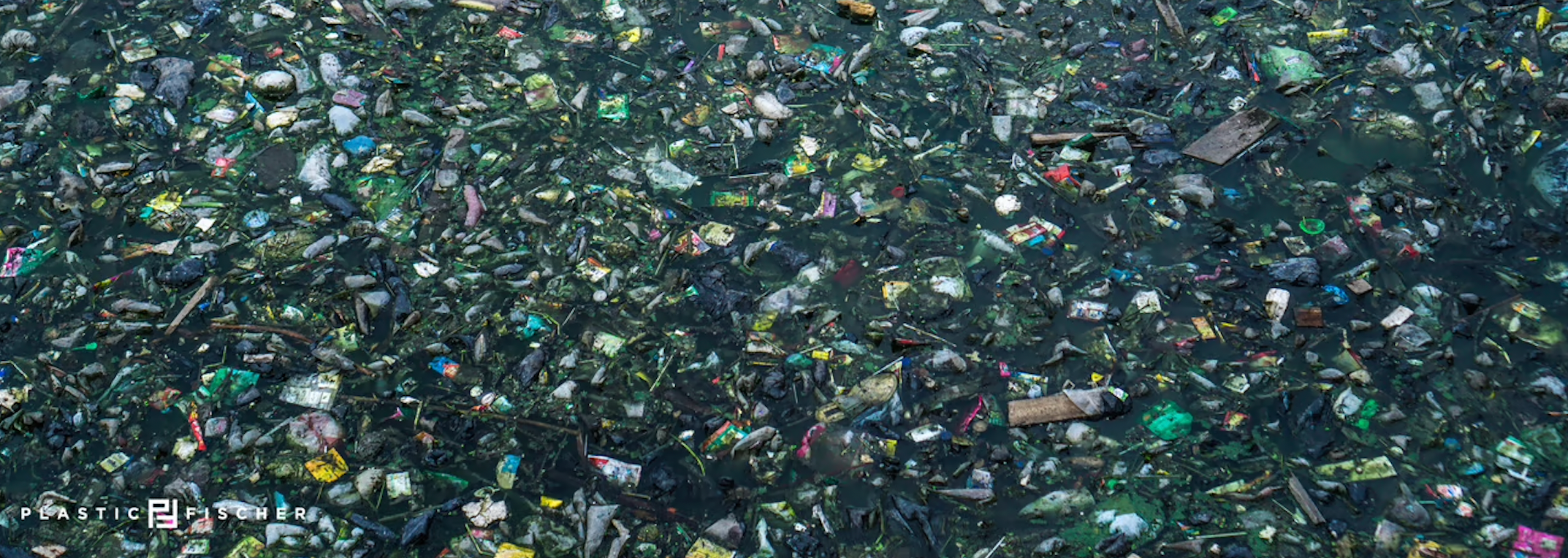
The Tricky Reality of Plastic Credits
Plastic credits are a bit of a double-edged sword — there's a lot to take into consideration. Our journey with Plastic Credits began in Indonesia in 2019, while we were living there. When our initial plan to finance operations through plastic bottle collection proved unfeasible—we found primarily non-recyclable materials like plastic bags and multi-layer plastics—we pioneered a new approach: measurable impact funding through Plastic Credits.
We thought: Let’s give others the opportunity to fund our measurable impact and commit to a certain amount of plastic collection in return. This system creates accountability: in exchange for funding, we commit to removing specific amounts of plastic waste. Unlike donations, which require no tangible returns, our service-based model delivers verifiable results. We call it Impact-as-a-Service, or simply impact-sponsoring. For a donation, you get a tax-beneficial receipt, by hiring Plastic Fischer, you get proven impact.
It doesn’t matter what you call it, but back in 2019, we called it Plastic Fischer Credits.
Since then, many organizations have started selling Plastic Credits, modeling them after carbon credits. When Verra began developing their Plastic Credit standard in 2021, the market expanded significantly. Unfortunately, instead of learning from the pitfalls of the carbon credit market, many repeated the same mistakes.
Today's Plastic Credit market resembles the Wild West. Among legitimate operators and scammers, the key differentiator is additionality—creating impact that wouldn't exist otherwise. Our TrashBooms exemplify this: without them, River Plastic would flow unimpeded into oceans. Contrast this with organizations that double-dip by claiming credits for government-funded waste collection. And then, of course, the decisive factor is how a company uses them.
Our position is unequivocal: Plastic Credits cannot justify or offset plastic in supply chains. They represent a beyond-compliance contribution, separate from an organization's responsibility to reduce their environmental footprint. Unfortunately, some providers offer cheap credits as offsetting opportunities, enabling companies to sidestep their environmental responsibilities.
Our commitment goes beyond just cleaning up rivers. We create quality, stable jobs rather than relying on precarious day labor. Our goal is to build lasting infrastructure and drive systemic change that will eventually make our work unnecessary — though we recognize there's still a long way to go. We believe in transparency and fact-based communication, which is why we don't offer labels like 'plastic neutral'.
In 2025, we'll share more about our distinctive approach and the principles behind it, helping partners and supporters understand why we do things differently. To the Media: We urge more nuanced coverage distinguishing between responsible and irresponsible practices, rather than sensationalized reporting that undermines this emerging market.
We invite you to dive deeper into the details of the Plastic Credits market, where responsible practices are making a real difference. Only thorough, balanced reporting can help distinguish effective approaches from questionable ones, ultimately strengthening public trust in legitimate environmental initiatives. Let's work together to build understanding of solutions that truly benefit our environment and communities.
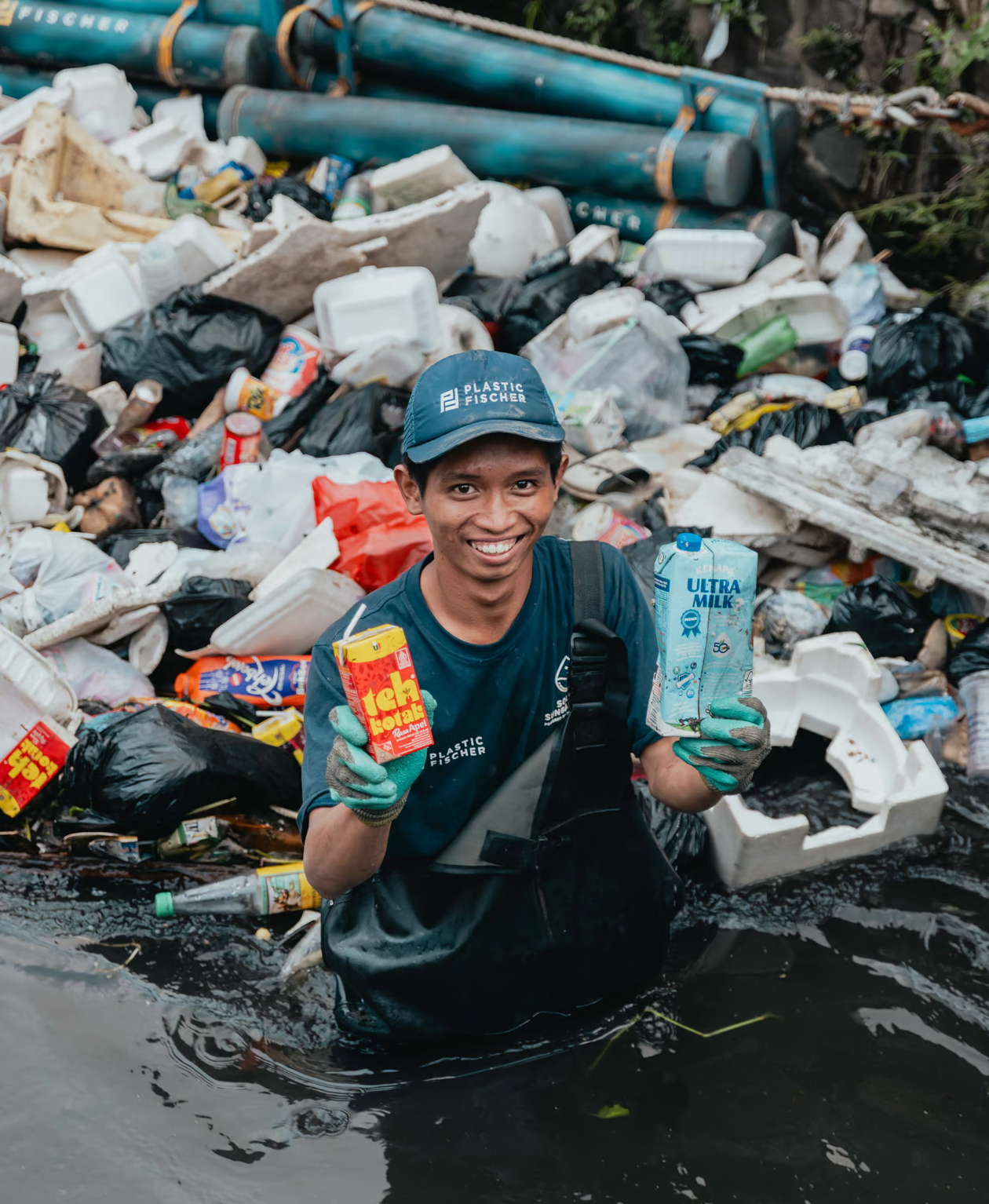
Systemic Change through Collaboration
Addressing global plastic pollution requires coordinated action from multiple stakeholders - no single organization can solve this crisis alone. At Plastic Fischer, we see ourselves as one piece of a larger solution that needs to include:
- Smart Product Design: Development of easily recyclable products using mono-materials, designed for circularity from the start
- Infrastructure Development: Creation of effective waste management systems, especially in emerging economies, including collection, sorting, and processing facilities
- Policy and Regulation: Implementation of Extended Producer Responsibility (EPR) schemes and removal of plastic subsidies to level the playing field for sustainable alternatives
- Economic Incentives: Creating market conditions that make sustainable materials and practices economically viable
- Community Engagement: Building awareness and education programs that drive behavioral change and community participation
- Innovation Support: Investment in research and development of alternative materials and recycling technologies
- Supply Chain Transformation: Encouraging businesses to adopt circular practices and transparent reporting of plastic use
- Plastic Production Limits: Reduction of total plastic production to align with planetary boundaries and environmental capacity
While these systemic changes develop—a process that will take decades—organizations like ours play a crucial role in preventing plastic leakage into environments.
Looking Back, Moving Forward
Despite 2024's challenging funding landscape, I'm proud that we not only survived but increased our environmental impact. While we said goodbye to some valuable team members and welcomed new ones, what truly stands out is how most of our core team persevered through a year marked by stability rather than growth.
I am very much looking forward to 2025 which will be about growth! We have already extended partnerships with loyal sponsors that have been supporting us for years and also signed new contracts that will allow us to scale to at least 4 more cities in the upcoming year. As a result, we will double the number of jobs in Asia in the next year and also significantly increase our River Plastic collection.
Join us in making a difference
I hope that I can also count on YOU as a supporter in 2025. Take action and clean rivers, protect oceans, and provide fair jobs in emerging economies together with us. Our approach is scalable, cost-effective, and highly impactful and we need partners to address this global challenge at scale!
Want to be part of our growth story?
- Organizations: Partner with us
- Individuals: Support our work through certificates or merchandise
- Everyone: Spread the word about our mission
Reach out to discover how you can join us in creating lasting environmental and social impact.
Thank you for reading and until soon!
Now, let’s jump into 2025!
Karsten
📹 Sieh Dir an, was wir tun:
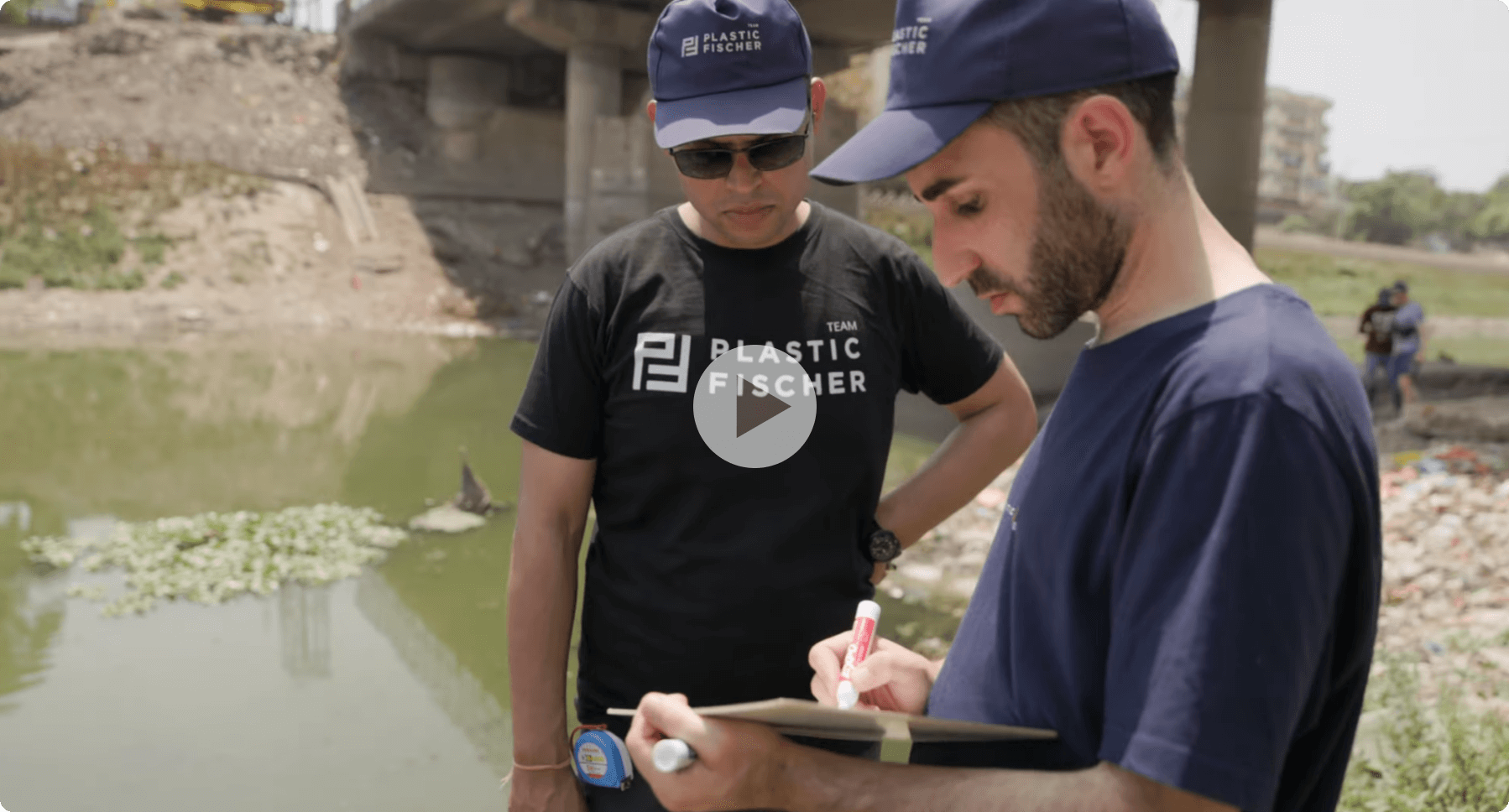
79
ARBEITSPLÄTZE
Geschaffen in Indien und Indonesien.
1892
TONNEN PLASTIKMÜLL
Gesammelt und verarbeitet, bevor es in die Meere gelangen konnte.
42
IMPACT STANDORTE
An denen wir Flüsse von Plastik befreien.





